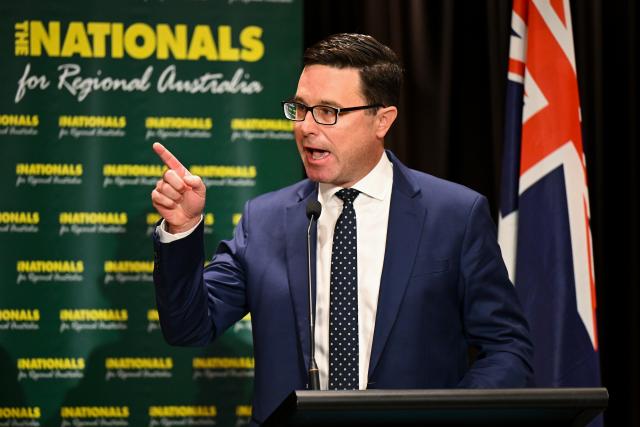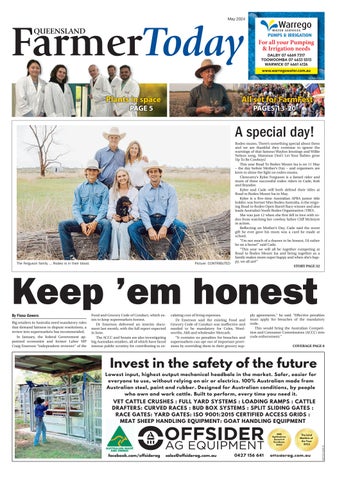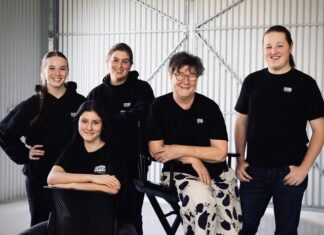International students and overseas workers could still move to Australia’s regions even if the opposition attempts to free up housing supply by slashing migration.
Opposition Leader Peter Dutton has promised that if elected in 2025, a coalition government would introduce a two-year ban on foreigners buying existing homes, cut the number of international students and reduce overseas net migration from 260,000 to 160,000.
The government would need to increase supply by leveraging existing homes – something Mr Dutton said would free up more than 100,000 homes in the next five years.
Asked if the cut to migration numbers would hurt the regions, Nationals leader David Littleproud said the plan would address the nation’s pressure points while acknowledging economic necessities.
“This is about making the tough decisions that prioritise where the economy needs the support to continue to grow – and particularly in the regions,” he said.
For example, Mr Littleproud said he would work with the Liberal Party to ensure regional universities that relied heavily on international students continued receiving student numbers and support.
The coalition would also set up an agriculture visa that would allow migrants to work in regional Australia in both farming jobs and periphery roles.
“They simply don’t have the labour force without them,” Mr Littleproud said.
But Treasurer Jim Chalmers says the opposition’s plan would divide the Australian community and hurt the economy.
“His budget reply was dark, it was divisive – intentionally so – and the net effect of all that would be that he would destroy the budget and damage the economy,” he told the ABC News.
Dr Chalmers said the government’s plan to halve net overseas migration and reduce permanent migration was created with the economy and skills base in mind.
The coalition is also pushing for Australians to be allowed to withdraw up to 40 per cent of their superannuation – to a maximum of $50,000 – to buy their first home.
The proposal has been criticised by economists and the superannuation industry, who said it would push up house prices, put retirees with mortgages at risk, and not benefit young Australians and renters.
Mr Littleproud defended the plan as one part of a broader policy.
“It’s about buying time to increase supply and also giving that hope to young people that one day they might actually own their home,” he said.
The federal and state governments have committed to building 1.2 million well-located homes but a report from the government-appointed National Housing Supply and Affordability Council found the Commonwealth would fall short by hundreds of thousands.
Mr Dutton’s budget reply speech also emphasised the role nuclear power should play in Australia’s future energy policy, without providing detail on where small modular reactors might be located.
The Nationals leader said further information about six or seven locations would soon be revealed, but Prime Minister Anthony Albanese has criticised the energy plan.
“This is a shocking policy,” he told reporters north of Sydney on Sunday.
“In the best case scenario, they have no financing and will require massive subsidies up front.
“We’ll go back to nothing happening when what we need is additional energy supply.”









